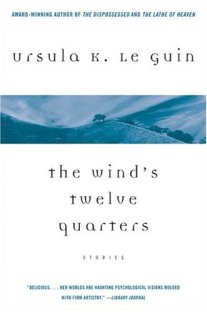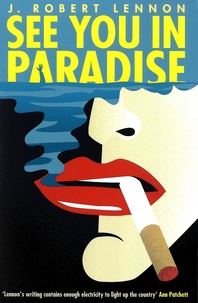
He knew birds from their songs and looked at the sky every night to know what the weather would be like, cold and dry if it was red, rain and wind when the moon was in water, that is to say sunken in the clouds. Every afternoon he hurried to his garden, always neat. To have a scruffy garden, with badly taken-care-of vegetables, showed a sloppiness that was a clear sign of bad character, like being careless about one’s appearance or drinking too much. It meant losing the notion of time, the time in which different varieties had to be planted, and the worry of what others might think. Sometimes notorious drunks redeemed themselves with a beautiful garden grown between two benders.
Annie Ernaux – A Man’s Place (La Place)
(Translation mine, and hurried – you’ll find professional translations of a couple of Ernaux’s books at the beautiful Fitzcarraldo Editions)
(Short review of the book here)













